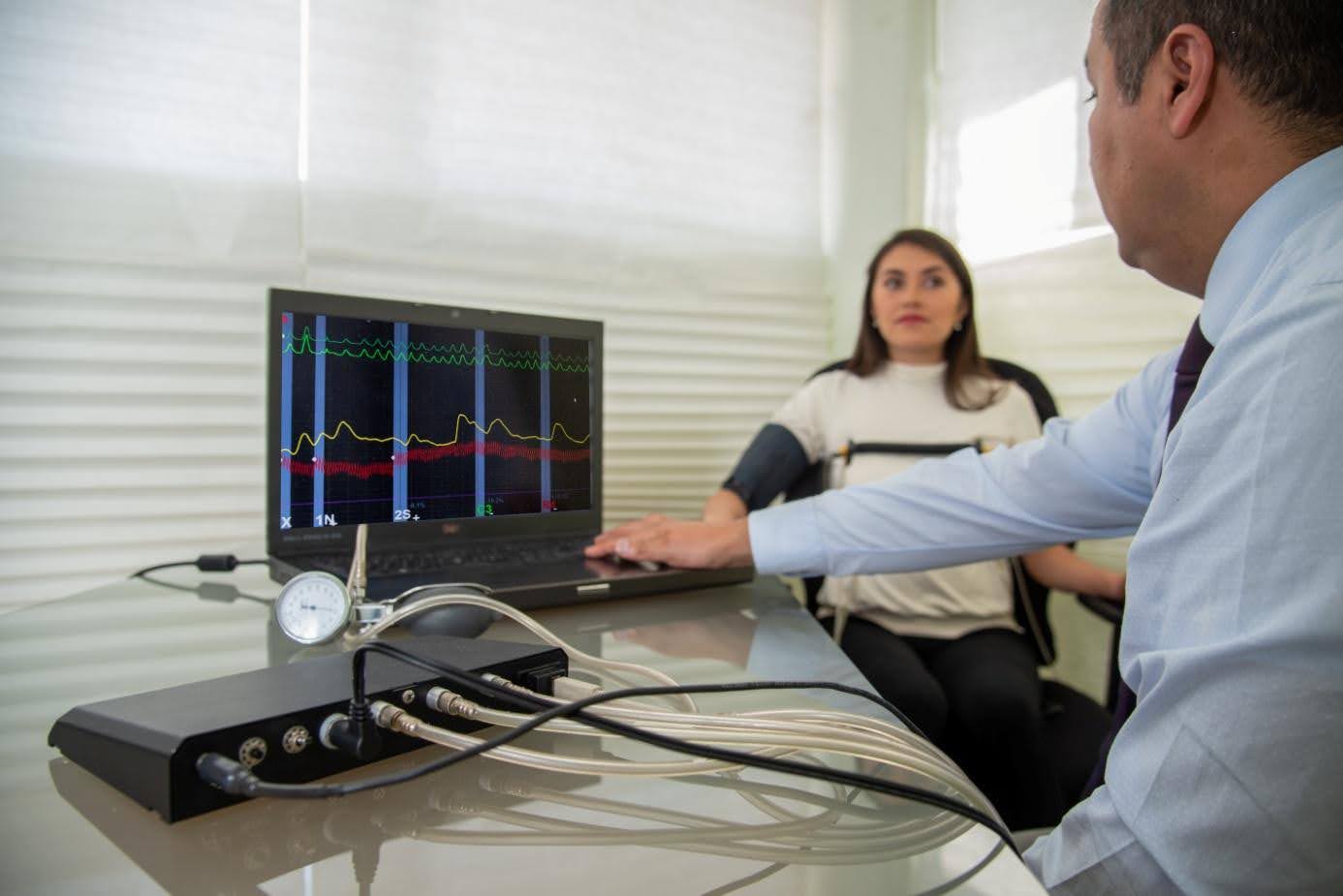
ADHD, anxiety, attention, or sleep disorders — in the face of these challenges, medication is often proposed as the first-line option. Yet, a scientifically validated alternative exists to manage these issues better: neurofeedback. This approach, as practiced at Neuroperforma, enables the sustainable modification of brain function without side effects. Without opposing these two solutions, understanding their distinctions provides a clearer view of how each affects brain and emotional well-being.
MEDICATION VS NEUROFEEDBACK: TWO DIFFERENT APPROACHES TO BETTER FUNCTION
To better understand the fundamental differences between medication and neurofeedback, it’s helpful to compare their mechanisms of action and the ways they influence the brain. Both aim for the same goal — promoting better cognitive and emotional balance — but follow distinct pathways.
| Aspect | Medication | Neurofeedback |
|---|---|---|
| Principle | Chemically modifies the neurochemical balance, particularly dopamine and norepinephrine. | Allows the brain to self-regulate through learning, using signals measured by QEEG. |
| Mode of action | Acts externally by directly influencing brain chemistry. | Engages brain plasticity to train optimized activity patterns. |
| Personalization | Standardized according to medical recommendations and adjusted through clinical follow-up. | Tailored to each individual through a quantitative EEG protocol guiding brain training. |
| Duration and effects | May produce rapid effects, though sometimes temporary and accompanied by side effects. | Produces gradual and lasting results, with no known side effects, supported by regular QEEG-based monitoring. |
| Goal | To relieve or reduce symptoms (attention, impulsivity, anxiety). | To optimize cognitive and emotional functioning naturally and personally. |
WHAT TO EXPECT FROM MEDICATION
Medication remains one of the most commonly used approaches to manage attention disorders, impulsivity, or anxiety.
Among the most prescribed drugs for attention deficit are stimulants such as methylphenidate or amphetamine. They work by increasing the availability of key neurotransmitters, such as dopamine and norepinephrine.
These substances quickly enhance attention, focus, and the regulation of impulsive behaviors. Other options, such as antidepressants or anxiolytics, may be used to reduce anxiety or stabilize mood, especially in cases associated with anxiety or depressive disorders.
However, these treatments have significant limitations. Their effects are often temporary and depend on regular medication intake. Side effects may occur, including sleep disturbances, changes in appetite, headaches, or palpitations. In some cases, psychological dependence may develop, requiring strict medical supervision.
Medication does not induce lasting brain reorganization or learning. It therefore remains a symptom management tool, rather than a solution that reshapes brain patterns in the long term.
THE ADVANTAGES OF NEUROFEEDBACK

Neurofeedback, as practiced at Neuroperforma, is based on a fully personalized program guided by precise quantitative EEG (qEEG) data. This approach enables the brain to self-regulate naturally — without medication, with no dependency risk, and with no known side effects.
One of neurofeedback’s primary strengths is its long-lasting results. By actively participating in the training, the client learns to strengthen optimal brain patterns. They improve concentration, reduce stress and intrusive thoughts, and experience better emotional regulation in daily life. This active involvement fosters genuine learning and a sense of ownership over progress.
The follow-up is objective and precise, following a structured protocol. Regular assessments enable the visualization of changes in brain function and provide concrete measurements of improvements over the course of sessions. Each program is tailored to individual results, ensuring truly personalized and practical support.
WHEN TO CHOOSE ONE OR THE OTHER?
Medication is a recognized and medically regulated solution. It can be particularly relevant in severe situations or when rapid intervention is needed, allowing the patient to regain more effective daily functioning. A complementary psychotherapeutic approach is often recommended to promote optimal and lasting personal change.
Neurofeedback is preferred when seeking a sustainable and natural method to support cognitive and emotional balance. It is particularly suitable for individuals who wish to progressively improve their concentration, stress management, or emotional regulation in a safe and controlled setting.
In some cases, medication and neurofeedback can be combined, but always under strict medical supervision. The qEEG assessment at Neuroperforma helps establish a clear and precise framework, ensuring that each intervention is tailored to the individual’s unique profile and specific needs.
CONCLUSION
Medication acts quickly but does not produce lasting changes in brain function. Drugs can cause side effects and may not work for everyone. Neurofeedback offers a personalized, non-invasive, and long-lasting approach, with no known side effects.
To determine if this approach is right for you, schedule an appointment today.

